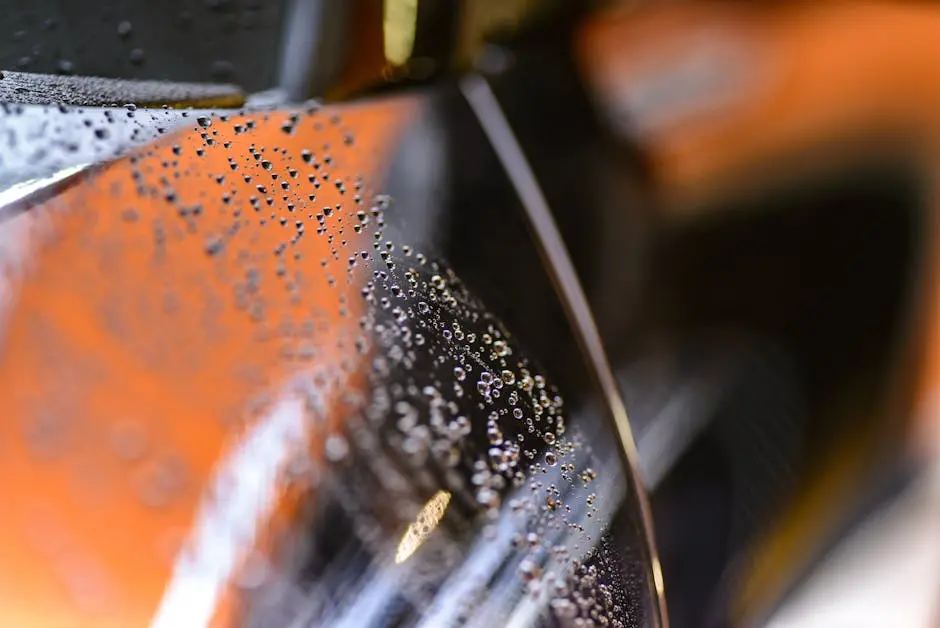How Does Car Paint Film Protect My Vehicle?
Car paint film is gaining popularity among vehicle owners. But how exactly does it protect your vehicle? In this blog, we'll dive into the various aspects of car paint film and its benefits.
Understanding Car Paint Film
Car paint film, often referred to as paint protection film (PPF), is a clear, durable layer applied over the car’s paint. It serves as a barrier against scratches, chips, and environmental pollutants.
At its core, this film is engineered from advanced polymer materials that provide superior protection. Its clarity allows your car's original finish to shine through while safeguarding it from the elements.
But why is applying this protective layer important? The truth is, cars face a variety of threats on the road. From tiny pebbles to large insects, every drive can potentially harm your vehicle's finish.
Moreover, modern car paint is designed to be glossy and appealing. However, without an extra layer of protection, any damage could lead to costly repairs and detract from your car's beauty.
How It Shields Against Physical Damage
The film's toughness helps absorb impact from road debris, preventing nasty scratches and dings on your vehicle's surface. Imagine driving on a highway where debris is constantly flying; without protection, those little chips can add up.
This protective layer doesn’t just stop at small impacts. It can even withstand minor collisions, giving you peace of mind that your vehicle is better equipped to handle unpredictable situations.
In addition to protecting against physical damage, the right car paint film also has self-healing properties. This means that minor scratches can disappear from the surface when exposed to heat.
Protection from Environmental Factors
Car paint film provides a defense against UV rays, bird droppings, tree sap, and other contaminants that can dull and damage your car’s paintwork. These environmental factors can do more harm than you might think.
UV rays can cause your car's paint to fade, losing that vibrant look over time. However, paint protection film acts as a barrier against these damaging rays, preserving the original color.
Bird droppings and tree sap are notorious for ruining car finishes. They can etch into the paint if left untreated. However, with a robust car paint film, you create a shield that’s much easier to wipe clean.
Overall, investing in car paint film means giving your vehicle a fighting chance against harsh elements and everyday challenges.
Easy Maintenance and Longevity
One of the significant advantages of car paint film is that it's easy to clean. A simple wash can keep it looking new while extending its lifespan compared to traditional paint.
Unlike standard car paint, which may require waxing and special polishes, paint film can simply be washed with soap and water. This simplicity not only saves you time but also requires fewer products and less effort.
Many car owners appreciate that a well-applied PPF can last for years, resisting wear and tear much better than conventional paint finishes. This longevity makes it an excellent choice for protecting your vehicle investment.
Enhancing Resale Value
Protecting your vehicle's paint with PPF not only maintains its appearance but also helps preserve its resale value, making it a smart investment.
When it comes time to sell your car, potential buyers will likely notice the pristine quality of the paint. A car with well-maintained, protected paint often commands a higher price on the market.
Furthermore, having paint protection film can give buyers confidence. They know the previous owner took steps to maintain the vehicle, which positively influences their purchasing decision.
Wrapping Up: The Protection of Car Paint Film
In summary, car paint film acts as a reliable shield against various environmental and physical damages, ensuring that your vehicle maintains its pristine look and value.
